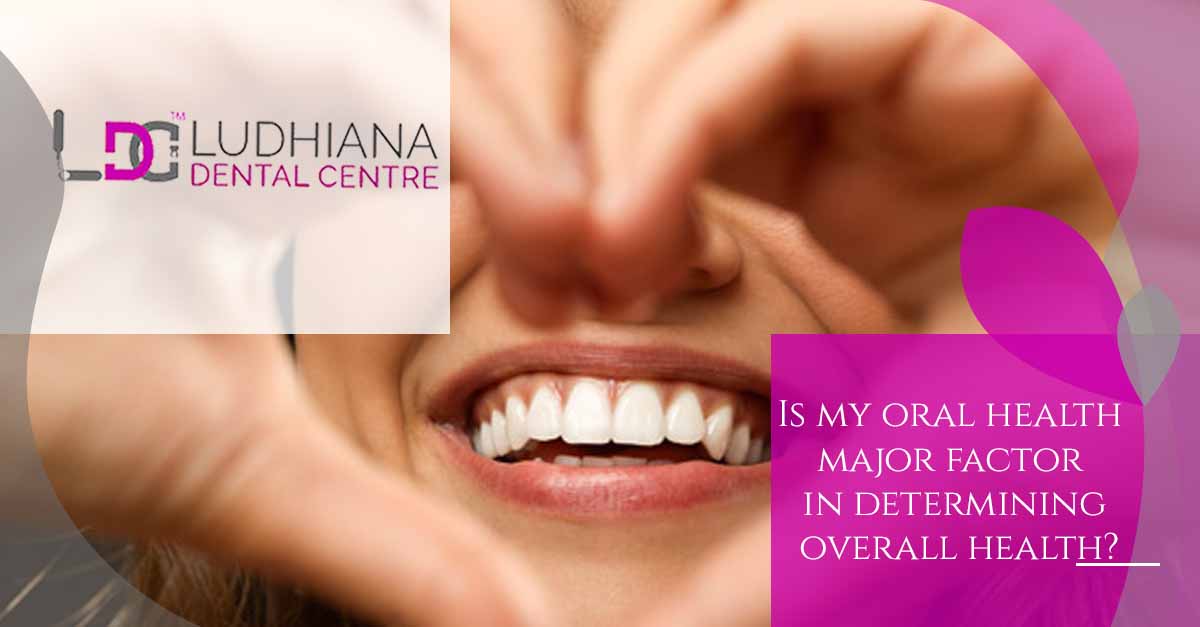Good oral health is too imperative for overall health. You should understand how the strength and health of your teeth, gums, and mouth can affect your general health.
What is the connection between oral and overall health?
In the same way as other regions of the body, your mouth is filled with bacteria. Great oral health, for example, day by day brushing and flossing, can monitor these bacteria. In addition, without appropriate oral cleanliness, these bacteria can prompt infections, for example, gum disease and tooth decay.
Furthermore, certain medicines, for example, painkillers, antidepressants, decongestants, diuretics, and antihistamines can decrease saliva flow. Salivation washes away food and kills acids created by bacteria in the mouth. Moreover, it is useful to protect you from a microbial attack that may prompt illness. Many studies additionally demonstrate that oral bacteria and the inflammation-related to periodontitis might play a job in a few infections or diseases. Furthermore, certain health problems, for example, diabetes and HIV/AIDS, can bring down the body’s resistance to infections, making oral health issues progressively serious.
What conditions are linked to oral health?
Your oral health may contribute to various health diseases such as:
Pregnancy and birth-: Your oral health directly connects to your pregnancy. Moreover, Periodontitis is responsible for premature birth and low birth weight. In this condition, you must visit a dentist in order to take a routine check-up.
Cardiovascular diseases-: Some studies show that stroke, heart disease, clogged arteries may be connected to the infections and inflammation that oral bacteria can cause.
Infertility-: Gum diseases and poor oral health can prompt many health issues such as infertility in women. It is too difficult for women to conceive with bad oral health. Because it can lead to an unhealthy pregnancy. You can also consult with your gynecologist regarding this issue.
Endocarditis-: Endocarditis means the infection of the internal lining of your heart. Endocarditis ordinarily happens when bacteria or different germs from another part of your body, for example, your mouth, spread through the bloodstream and connect to harmed areas in your heart. In this manner, you should visit your primary care physician.
How can I protect my oral health?
If you really want to protect your oral health, then you should practice good oral hygiene every day. For instance-: floss daily, eat a healthy and balanced diet, brush your teeth twice a day, avoid tobacco and liquor consumption, replace your toothbrush every third month, and visit a dental clinic for regular check-ups.

